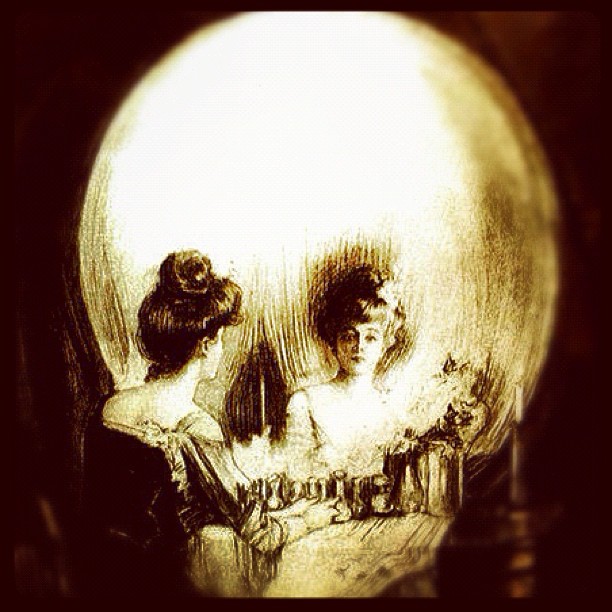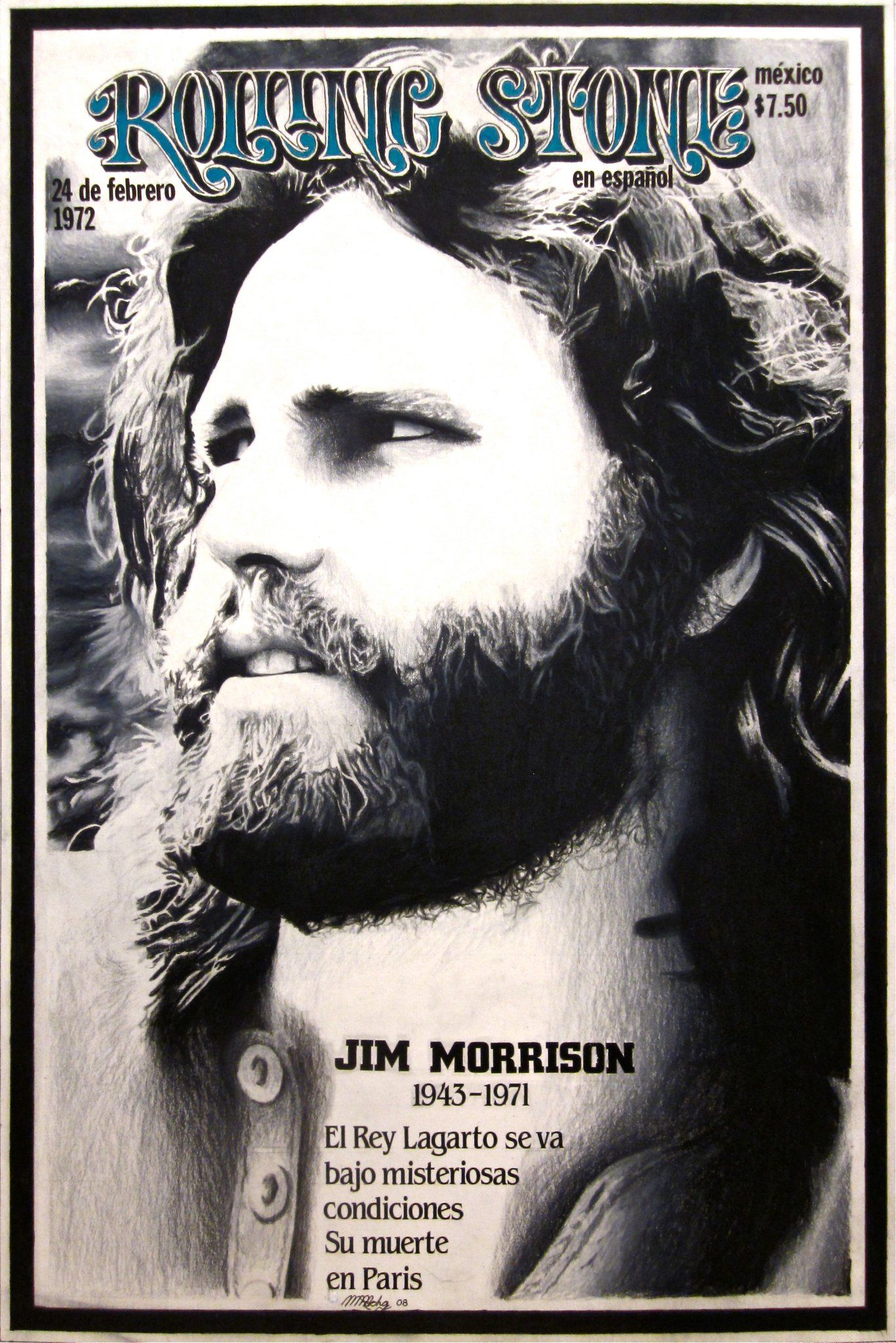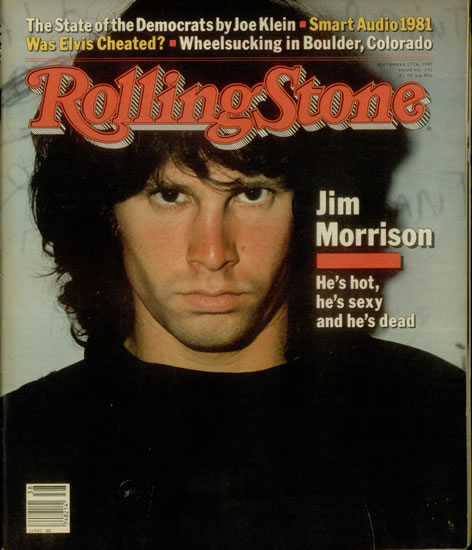Monday Erin and I visited with the head doctor at the medical office we’ve taken the children to since they were born. The subject: Duncan’s behavior.
The boy has a heart of gold and a razor-sharp wit, but as I’ve written before, winter messes with his mind as badly as it does mine. He’s always had his quirks, as we all do. Some of them are disruptive enough that we decided to have him evaluated. My family history alone was reason enough to do it.
The meeting was fascinating, frustrating, confusing and illuminating all at once.
The doctor asked Erin about her family history, then turned his glare to me. Apparently the paperwork I filled out set off most of the alarm bells in this process. I knew it was coming. I expected it.
He asked about my brother’s death, my childhood illness, the state of my parents’ mental health back in the day and how it all shaped the addictive behavior and OCD I would struggle with as an adult. My sister’s struggles also came up.
After that line of questioning, the doctor calmly told us Duncan fit all the textbook criteria of someone with ADHD. He also has some serious trouble with fine motor skills, which helps explain his penmanship.
We’ve long had our suspicions on both counts. But to hear it from a doctor’s mouth was something else.
We talked a lot about how family dynamics could really shape a kid’s struggles and how various mental disorders end up manifesting themselves. My family dynamic growing up took the mental ticks in my head and molded them into something very dark.
The doctor talked about medication. The good news: The stuff they prescribe for ADHD is extremely effective in correcting the brain’s wiring. For a few minutes, I thought that would be the road we were taking.
I wasn’t afraid.
I’ve been on Prozac for four years and know better than most that it works without wiping away my feelings and personality the way I once feared it would. One of our relatives recently worried aloud that medication would kill Duncan’s personality and turn him into something of a robot.
It’s a fair concern, but I know better. I’ve done my homework and used myself as a test case.
But what the doctor said next shattered any idea of medication — for now, at least.
He said that Duncan’s ADHD-like symptoms could also be the very beginnings of something much different — bipolar disorder, depression, maybe even OCD.
ADHD medicines can make those other things much, much worse further down the line.
The suggestion that he could have some of those other things milling about inside him really shocked me for a second. The feeling passed quickly, though.
Duncan may have his struggles. EVERYBODY HAS THEIR STRUGGLES. Tell me you’ve never had a wave of depression or been addicted to something and I’ll tell you you’re full of shit.
But Duncan is not me.
He’s his own person. And so far, his childhood has been much different than mine was.
He also has a phenomenal mother. God, I love that woman. I wish I did a better job of expressing that feeling to her more often. Between her strength and goodness and the skills I’ve picked up on the road to recovery, this kid is going to do just fine.
It won’t be easy. It never is.
Our next step is to take Duncan to a specialist. We’re also going to get him help for the motor skills problem. That may seem like a separate issue, but it’s not. He needs those motor skills to express what he’s feeling. If he can’t do it with writing or art, he’ll be tempted down the road to use his fists.
I’ve done that, and it doesn’t work.
Monday night, Erin and I talked about the appointment. Was I troubled about how my family history plays into all this?
Not really.
I never like to hear it from a medical professional, but I’ve known for a long time that this is how it’s going to be.
It’s not just Duncan, either.
Sean has more than a few OCD characteristics. When the boy gets into something, be it a computer game or Legos — especially Legos — he goes in deep and lets the activity consume him. In other words, he approaches these things compulsively.
I don’t curse the fact that the kids inherited some of my oddities. As far as I’m concerned, those quirks are part of what makes them the beautiful, precious children they are.
Here’s the thing: I don’t want to purge this stuff from them. I just want them to know how to control it in ways I never could at their age.
To that end, they have a lot going in their favor: First of all, the traits they’ve inherited from their mom will be priceless weapons in whatever fights are before them. She has given them — and me — a spiritual foundation that can’t be broken.
The other big win in their favor is that I’ve gone through a lot of the pain and hard work so that they hopefully won’t have to.
I’ve developed a lot of coping tools to manage the OCD, and I can pass those skills on to them.
There’s also not as much stigma around this stuff as there used to be. There IS some, to be sure. But my kids won’t be written off as behavioral problems and tossed into a “C group” like I was. I won’t permit it.
There are no certainties in life except that we all die eventually. I can’t say Sean and Duncan will never know depression or addiction. A parent can put everything they have into raising their children right.
But sometimes, despite that, fate can get in the way of all your hard work.
It’s not worth worrying about those unknowns, though, because you can’t do anything about it.
All I can do is my best to give them the tools I didn’t have at their age and pray for the best.
I’ll end by telling you all something you already know:
Duncan is a great kid and I love him more now than I ever have before.






